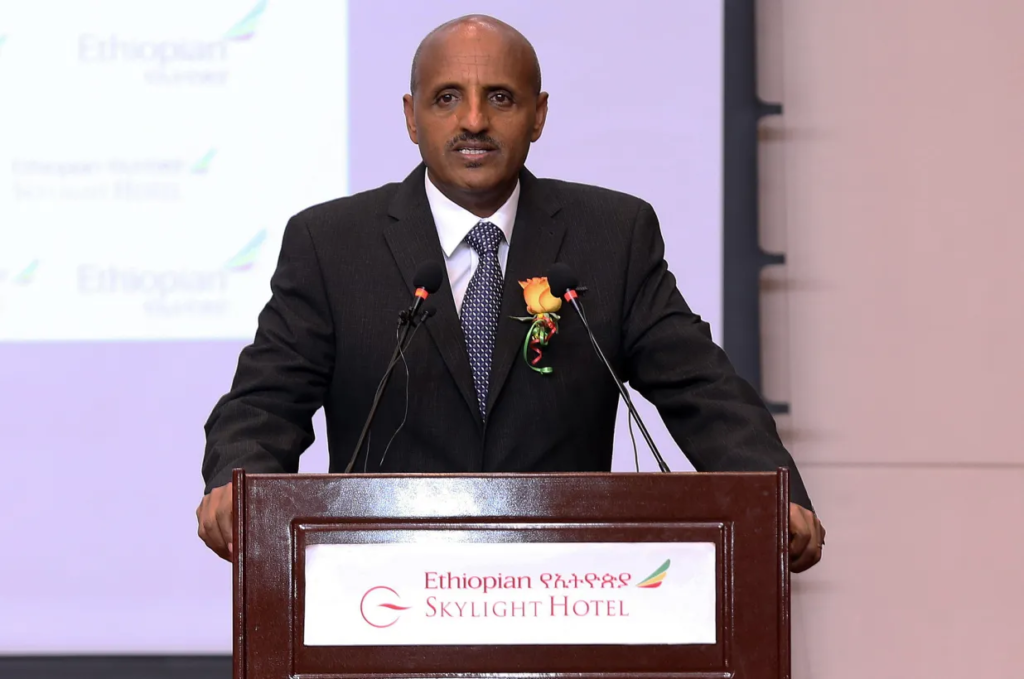According to a government document made public on Friday, Kenyan authorities have shut down five churches, including the one of a pastor who is accused of encouraging more than 400 followers to fast till death.
The Good News International Church, led by self-styled pastor Paul Nthenge Mackenzie, had its license revoked on May 19, according to the Associations Registration Office.
Following the discovery of bodies in the Shakahola woodland close to the seaside town of Malindi, Kenyans were astonished to learn that the self-styled preacher had advised his movement’s adherents to fast until death in order to “meet Jesus.”
425 bodies have been discovered in this woodland as of yet.
Autopsies have shown that some of the victims, including children, were strangled, beaten, or suffocated even though the majority of them perished from malnutrition.
Four additional churches, including the New Life Prayer Centre and Church operated by televangelist Ezekiel Odero with ties to Mackenzie, have also been shut down by the government.
On suspicion of murder, helping suicide, radicalisation, and money laundering, Odero is under investigation.
Following the finding of human remains in the Shakahola jungle, his arrest was made in April.
Although the two preachers were connected by the prosecution, Odero was released on bond in May, and Mackenzie’s custody was recently prolonged by a court for an additional 47 days for further investigation.
Kenya, a largely Christian nation, is plagued by the unchecked growth of churches and cults whose dubious leaders frequently cross the line into criminality.
Previous government attempts to manage these movements have been met with vehement hostility, with critics charging a violation of constitutional protections for the separation of church and state.
According to government statistics, Kenya, which has 53 million citizens, has 4,000 registered churches.
Many, led by charismatic pastors, spread the so-called prosperity gospel by urging the faithful to give sizable sums of money to their church in exchange for the assurance of a better future financially.









